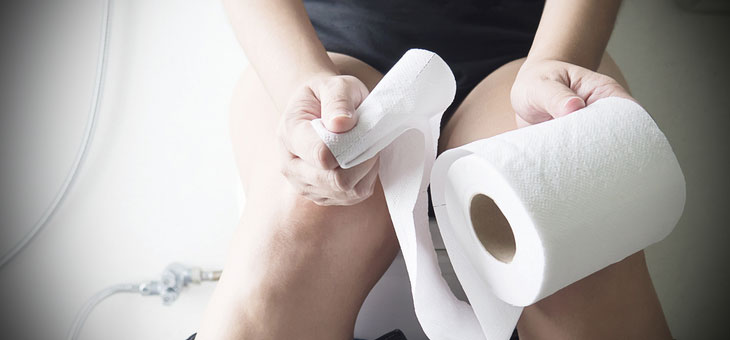There’s nothing fun about discomfort, pain or burning while urinating. But it occurs more frequently than you might expect and it can be a sign of an infection or other health problem.
The pain may be experienced when urine passes out of the body, as well as through the body, such as in the bladder, prostate or behind the pubic bone.
Who experiences it?
Both men and women experience painful urination, otherwise called dysuria. In women, dysuria is often caused by urinary tract infections. In men, it can be a symptom of urethritis and certain prostate conditions.
What causes it?
Painful urination can be caused by several conditions, but the most common is a urinary tract infection (UTI). The urinary tract comprises the kidneys, bladder and urethra. The urethra, the tube that carries urine out of the body, can become infected. This happens when bacteria builds up in the tract as a result of waste not being removed or the bladder not being emptied correctly. As a result, swelling and irritation from the infection can make urination painful.
Other causes of painful urination can include:
- Medicines – some medicines, such as those used in cancer chemotherapy, can inflame the bladder
- Pressure on the bladder – a kidney stone or ovarian cyst that becomes stuck near the entrance to the bladder and puts pressure on it can cause dysuria
- Sensitivity to chemicals in products – where possible, its best to avoid using soap around the genitals, douches, vaginal lubricants and scented toilet paper. Contraceptive foams and sponges may also contain chemical that cause irritation.
- Sexually transmitted infections – painful urination can be a symptom of gonorrhoea, chlamydia or herpes
- Vaginal infection or irritation
- Prostate infection.
How to fix it
Dysuria can sometimes go away on its own. In other cases it can signal a problem that requires medical attention. If you experience any of the following symptoms along with painful urination, you should see a doctor:
- cloudy or overly-smelly urine
- pain that lasts longer than one day
- pain in your back or side
- discharge from your vagina or penis
- blood in the urine.
Your doctor will be able to examine you and conduct tests to find out the cause of your painful urination. A urinalysis, which checks the urine for infection, is the common test for UTIs.
Your doctor may also recommend an ultrasound of your kidneys or bladder, which can help find kidney stones and other medical issues.
What to say to your doctor
Talking about painful urination can be a difficult subject, even with your doctor. It’s important to know that she or he deals with cases like this every day, so try to be as open as possible and describe to your doctor:
- your symptoms and how long you’ve had them
- any medical conditions you have (i.e. diabetes)
- any surgeries or procedures you’ve had in your abdominal area
- any abnormalities in your urinary tract
- whether you were recently hospitalised (less than one month ago) or stayed in a nursing home.
Don’t be afraid to ask questions to help you understand your health better. Questions to ask your doctor may include:
- what is causing my pain?
- it is a UTI or another infection?
- what treatment is available?
- are there any side-effects to the treatment?
- how long does it take for my symptoms to go away?
Are you quick to head to your doctor when something is amiss? Or are you a ‘head-in-sand’ types who puts it off for far too long?
Related articles:
How to manage bladder problems
How to reduce overnight toilet trips
Pelvic floor health for men and women
Disclaimer: This article contains general information about health issues and is not advice. For health advice, consult your medical practitioner.

